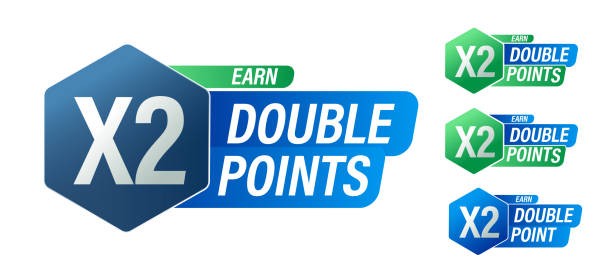The Best Option Strategies to Earn Money
Learn how volatility affects options pricing and the best three options strategies for earning.
Earnings season can be both exciting and profitable but also volatile.
Whether the company has announced huge profits or more layoffs, either announcement can dramatically impact price movements. Stocks can either surge higher or plummet lower depending on what is revealed in the earnings announcement.
You can either do well or poorly, depending on how much knowledge you have about correctly leveraging options. Many investors make the mistake of focusing on options instead of earnings and then wonder what happened.
With the right options trading strategy, earning release season can prove very profitable for well-educated options traders.
Continue reading to learn how to become a well-educated investor who can make money during the earnings season. This post will give you insight into the following:
When companies report earnings, what happens to the options market?
How to leverage options profitably after an earnings announcement
Avoiding options strategies
How to use options when a company announces earnings
How do you trade after a company announces its earnings? How can you make it profitable?
When a company announces its earnings, investors gain valuable insight into its recent and future financial performance. During this time, however, there can be some uncertainty. Investors use earnings releases to predict the company’s performance in the next quarter.
Investors will compare the performance of next quarter’s earnings to expectations set three months earlier. Even if a company has a positive result, its stock price can be affected if it doesn’t meet expectations.
Implied volatility
Market volatility is believed to occur during the earnings season because the market assumes that the company will achieve the earnings forecasts made for the previous quarter. This assumption is taken into account when the market calculates the stock price.
Uncertainty and volatility will exist when the company announces if they have met or missed the predictions of the previous quarter. Investors must quickly process this new information. The stock price will move upwards or downwards depending on how investors react during that short period.
Implied volatility is a measure of the market’s implied volatility based on expectations from investors.
Implied Volatility (IV) is determined by investors’ expected volatility in the stock price. The higher the expected volatility, the greater the IV.
The IV of a stock will usually increase as the company approaches earnings. The cache may not be more volatile or less volatile because of the earnings announcement, but there’s a lot of risk and uncertainty.
As volatility increases, so does the premium for the options, making everything more expensive.
This event is a one-time thing that increases option premiums for BOTH the market sides. This allows options traders to profit by selling relatively expensive options.
Volatility crush
In contrast, the market is more confident about the company’s future when it releases earnings, and the uncertainty usually dissipates. As tension decreases, volatility will naturally decline. This is known as volatility crushing and lowers the price of an option.
We don’t see volatility dropping immediately after earnings events, but we have found that, in most cases, it does.
Selling Target Options
We need to concentrate on only option strategies where we are net sellers.
Three primary strategies will be discussed regarding earnings.
Short straddles
Short strangles
Iron Condors
Many people who trade options understand the concept of volatility crushing and trade to take advantage of it. The three strategies listed above depend on two factors:
Volatility
A rangebound stock
The range will likely be higher than usual if high volatility is high.
Short straddle
A short straddle is a strategy where an investor sells both a call and put option for the same stock with the same expiration date and strike price. Investors use this strategy when they think the stock price won’t move much during the term of the options contracts.
InvesUsing short straddles, investors profit from the lack of movement in stock prices by eliminating the guesswork in options trading, where investors make directional bets on stock prices and hope they will move higher or lower.
Short strangle
An investor can use a short strangle strategy when both options are slightly out-of-the-money.
Investors are limited by risk but not by profit. Investors will accept this risk as long as the stock is expected not to be volatile in the short term.
Short strangles can be viewed as credit spreads because credit is taken during trading. Short strangles maximize profits when the stock price is between the strike prices for the options sold at expiration. The possibilities are worthless when they expire, and you make the total amount of your initial credit.
In a short strangle, an investor sells an OTM put at the same distance as an OTM call. We minimize our earnings prediction by taking a neutral view of the possible movement in the stock.
It would be best not to make a large bet on one side during the earning season. If you remain non-directional, you can adjust your chances later if necessary. As long as you only sell options with high implied volatilities, you will be better off than if you buy options around earnings.
Iron Condor is our third favorite strategy to use if you cannot sell naked options or do not want to risk additional margin.
Iron condor
Iron condors involve selling a buy a put and buying a sell a call.
Investors sell the put and then buy another at a lower strike. They sell the call and then buy another with a more significant strike. All options expire at the same time.
It doesn’t sound obvious. After more practice and a little information, you will learn how to do it.
The iron condor is a credit, not a debit. It pays upfront and creates an area of safety. You win if the stock price falls within this range before expiration.





Post Comment